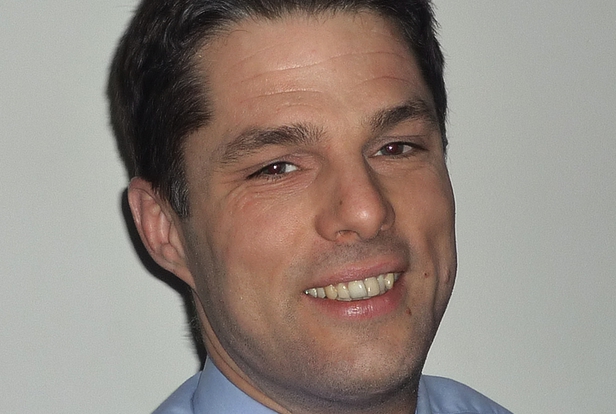If the Russians decided to invade the Baltic States, NATO would be capable of pushing them back out - but only after several months of fighting Ingram believes.
“The Russians are in severe inferiority to NATO forces as a whole, it is simply that if Russians chose tomorrow to invade the Baltic States, they would be perfectly capable of invading and occupying those states," said Ingram.
From a military perspective the Baltic States are very vulnerable.”
“The Russians would not necessarily believe that nuclear weapons would be used in response to an invasion of the Baltics States. It is not the most credible part of NATO’s deterrent capability,” said Ingram.
He added that he would be rather more worried about the takeover of the Baltic States’ economy by Russian economic interests and the control of political economy by people and institutions close to Putin. Ingram advised the region to work on cyber-defence and building closer relationships with the West but maintaining a constructive communication channel with Moscow.
“If I noticed the build-up of Russian purchases of critical infrastructure within the Baltic States… I mean energy infrastructure, I mean ownership of key assets… Then I would call the Russians on that and I would sound the alarm bells,” said Ingram.
Nuclear weapons are currently irrelevant to the Ukrainian conflict, as the threat of their use is not credible, Ingram believes.
“There is a rather over-simplistic approaches taken by a lot of analysts and commentators on the current situation that essentially can be summed up as: Russia has gone bad, we are moving back into a situation where the only language that Russians understand is force and that Russians will inevitably step back if we demonstrate sufficient resolve to show them that if they continue an aggressive line then they will suffer tremendous circumstances.”
There is absolutely no guarantee that Russians will step back and this cannot be resolved by talking or acting tough, he maintains:
“The problem with a nuclear threat is that it is not credible. We are not going to carry out the nuclear threat. We know that, they know that – in advance.”
The west also does not believe that Moscow could seriously consider to “do the ultimate thing”, despite amending its military doctrine that now reserves the right to use nuclear weapons in case of aggression against Russia with conventional weapons that would put in danger the existence of the state, according to Ingram.
“We hear his [Putin’s] threats and we laugh at them. Not openly, but we do. Just as the South Koreans laugh at the North Koreans when they use their nuclear threats,” said Mr Ingram.
The current situation might still lead to an increase in nuclear weapons and the erasing of progress made since the 1990s: “We’ve seen a series of agreements since the Cold War that have led to reductions in the number of nuclear weapons. We’ve seen movements away from the dependence on nuclear weapons for security. That is all moving in the opposite direction. Numbers are starting to creep up on both sides.”
There is also a question mark over a new START (Strategic Arms Reduction Treaty) agreement between the US and Russia that was meant to be implemented by 2018.
“I could see both sides breaking that. We certainly could see both sides increasing the importance they give to nuclear weapons in their security declarations,” Ingram said.
(This interview is protected by international copyright law. If you run a news source please don't pass it off as your own or copy paste it into your portal without written permission and proper attribution)

































